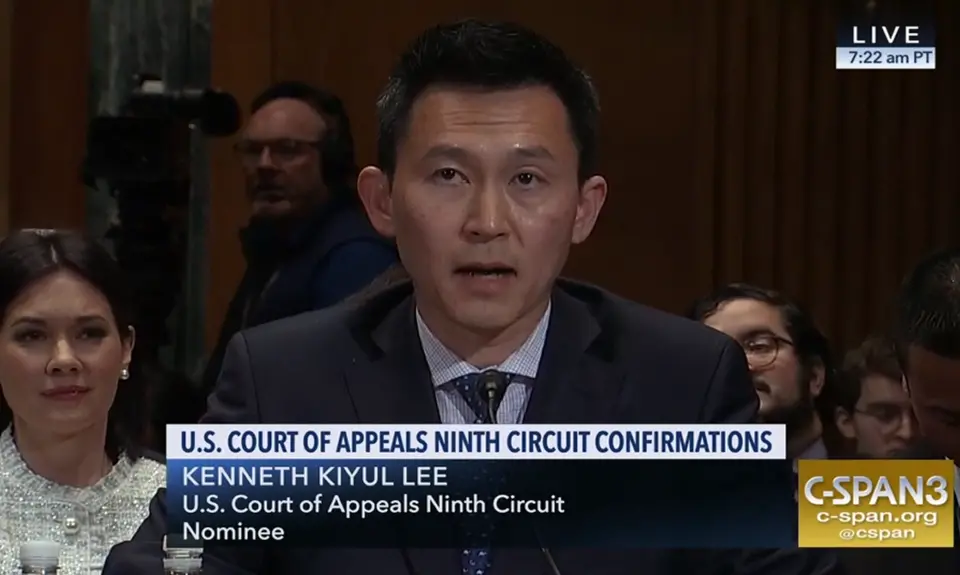“Confirmed Judges, Confirmed Fears" is a blog series documenting the harmful impact of President Trump’s judges on Americans’ rights and liberties. Cases in the series can be found by issue and by judge at this link.
Trump Ninth Circuit judge Kenneth Lee’s dissent in the February 2020 ruling in City of Pomona v. SQM North America Corporation would have allowed a company to contaminate drinking water with a toxic chemical.
SQM North America Corporation is a mining company that manufactured and sold a fertilizer that contained perchlorate, a toxic chemical, to California citrus farmers. Due to its toxicity and its impact on the health of pregnant women and infants, California law establishes a maximum level of perchlorate in its drinking water. SQM’s fertilizer surpassed that level, therefore polluting the City of Pomona’s drinking water.
The City of Pomona sued SQM in district court, asserting that SQM was strictly liable for causing contamination in its water system. SQM won. The City of Pomona appealed, arguing the district court judge gave improper instructions to the jury.
In a 2-1 verdict, the Circuit Court majority reversed the district court’s decision and remanded the case for a new trial. They reasoned the district court incorrectly stated California law. The jury should have been told to determine “through hindsight” whether the risk of harm of the use of perchlorate outweighed the benefits of using the toxic chemical. Those instructions would allow the jury to “use modern-day knowledge” about the harm imposed by perchlorate.
Judge Kenneth Lee dissented. He explained that the cases relied upon by the majority narrowed the scope of strict liability in California rather than expand it. Therefore, the matter should be certified to the California Supreme Court. However, the majority saw no reason to certify this to the California Supreme Court as no party to the case asked for certification. Moreover, the majority pointed out that Judge Lee acknowledged that several California Supreme Court cases consider that a manufacturer can be held liable for unforeseen harm at the time of manufacture.
